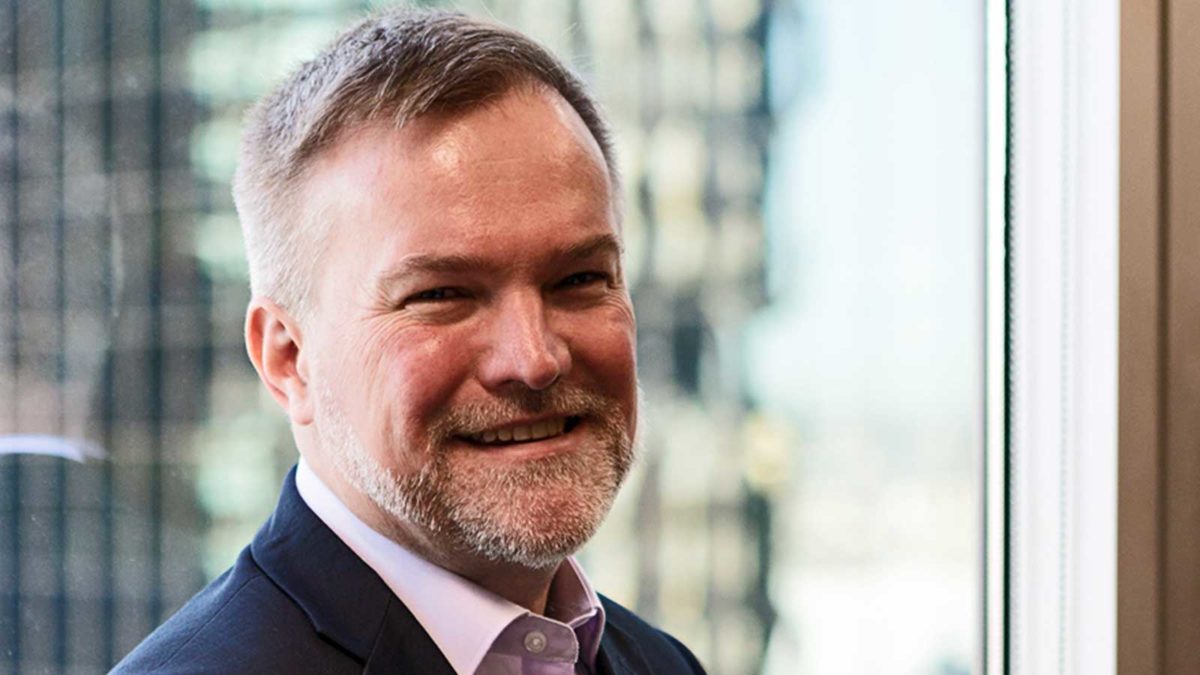“Sometimes super is not the answer”: Fryer
Trustees need to be wary of seeing everything through the lens of super, according to Chant West’s Ian Fryer. Engaging with controversial ideas around its uses can be a boon for member outcomes.
As the big banks and their superannuation products copped a hiding in the Hayne royal commission , the rivers of gold correspondingly flowed elsewhere. Funds like AustralianSuper, Hostplus and Cbus Super have seen exponential growth as Australians put their money and their trust in the profit-to-member sector – but with that trust comes the possibility that it could be taken for granted.
“Sometimes as an industry, we can come across looking like we’re all about super,” Ian Fryer, general manager of Chant West, told this masthead. “But we should be all about people, and we should be all about identifying how we can help the people in our funds. Sometimes there might be people who are going to be helped more by something else.”
“I was disappointed a couple of years ago when First Home Super Saver came out. There were many parts of the industry that said, “This isn’t good – this will take money away from super”. Super isn’t the endgame – the endgame is secure finances in retirement… We should be careful that we don’t respond to everything in terms of how it impacts super, but in how it impacts our members.”
Which isn’t to say that Fryer thinks some of the more radical ideas floating around – like “Home First, Super Second”, the brainchild of Liberal MP Tim Wilson, and one championed by fellow traveler senator Andrew Bragg – are necessarily good ones. There’s an abundance of research and evidence that shows they’d wildly inflate housing prices while potentially leaving members worse off in retirement. But in a country where many young people are locked out of the housing market while 10 per cent of their income goes to super, they are attractive ideas – and super funds need to engage with them better if they’re to combat them effectively.
“Rather than just saying “No, it’s a bad idea, because it’ll hurt super”, we need to think about the big picture, about what members are trying to achieve – which is where Bragg and Wilson are reportedly coming from,” Fryer said. “Let’s work out ways we can help to achieve some of those goals but in a way that is not detrimental to overall outcomes.”
“Sometimes super is not the answer. Sometimes super is only part of the answer. How can we incorporate other things in our guidance services and advice services that show we’re not just here to build your superannuation – we’re here to help you get to a good place in terms of retirement outcomes… there will be limits in terms of how we can help you with those other things, but we can at least provide some sort of guidance.”
Fryer believes that the nature of trust in superannuation is inherently different due to its long-term and compulsory nature, and that those stakes will inevitably be raised by YFYS, which will see underperforming funds named and shamed by APRA. The headlines write themselves, and Australia’s mastheads are unlikely to devote much space to the various inadequacies of the YFYS benchmarks or the vagaries of asset allocation.
“I expect that some media outlets may have a bit of a shame file… There will be questions asked when those lists come out of funds that have failed the test, there will be some people who are saying “I’ve been in a dud fund for a long time – why didn’t somebody tell me this earlier?”” Fryer said.
To counteract that response, funds need to think strongly about transparency – which Fryer calls “the currency of trust”. Fryer names Cbus, which releases tables of its strategic goals and key performance indicators and marks themselves down when they fail to achieve them, as an example of a fund that is working to make its operations more transparent to members.
“We need to tell members not what we want them to hear, but what they need to hear – the full story,” Fryer said. “When things haven’t gone as well, we need to be transparent. That’s the way that trust relationships work.”











